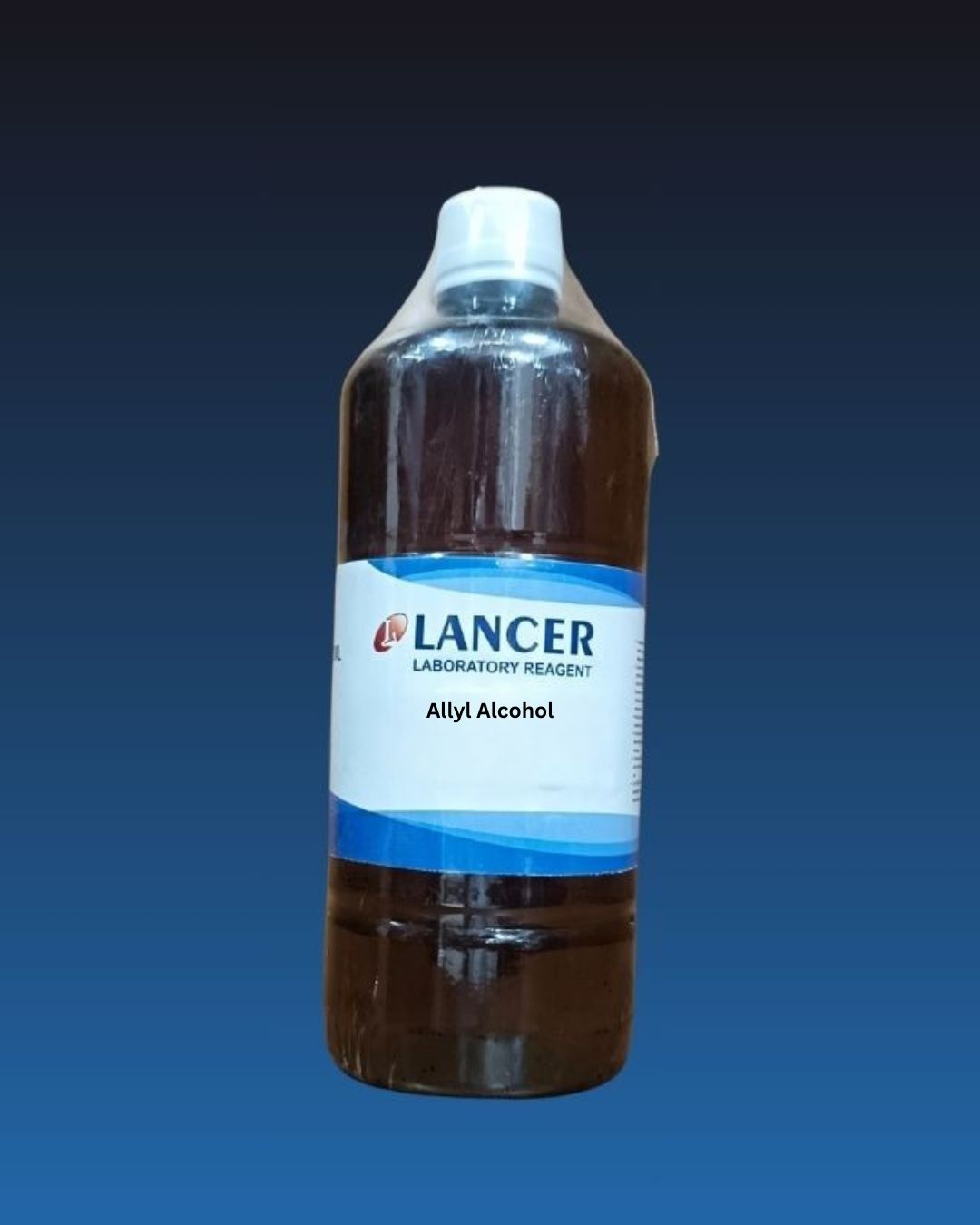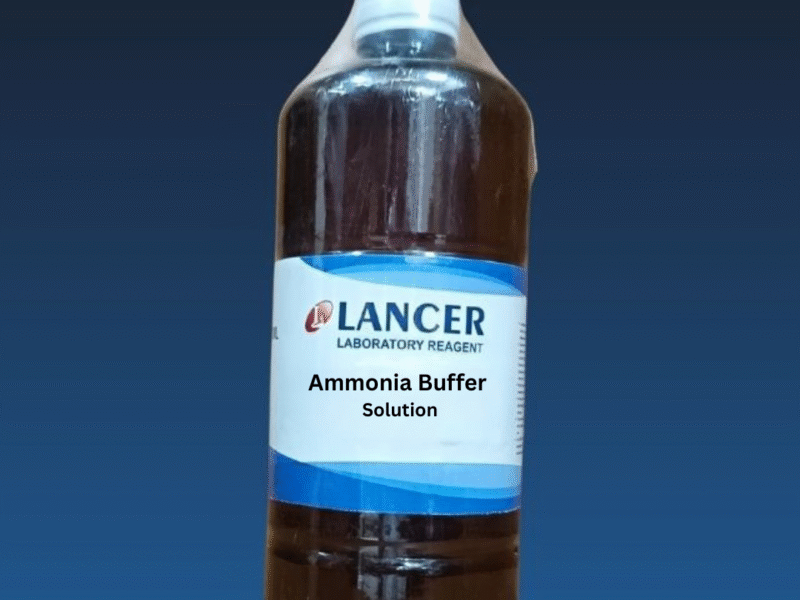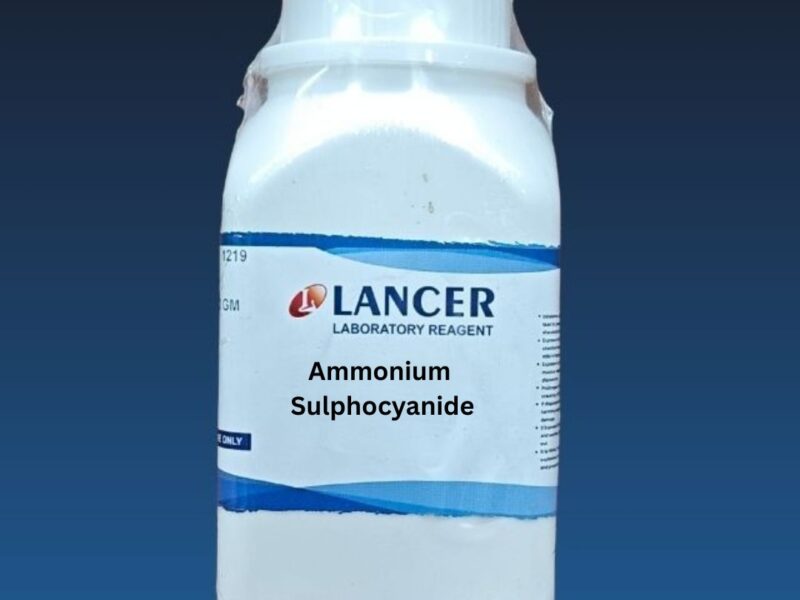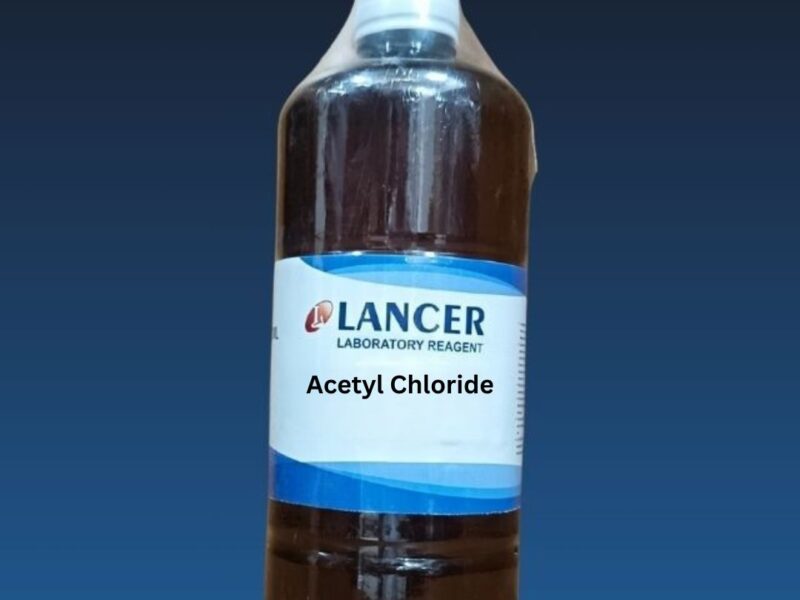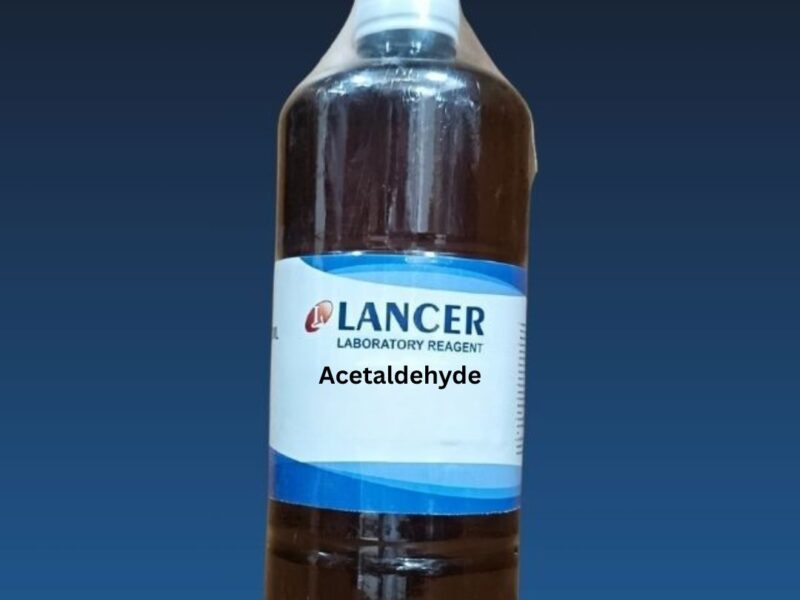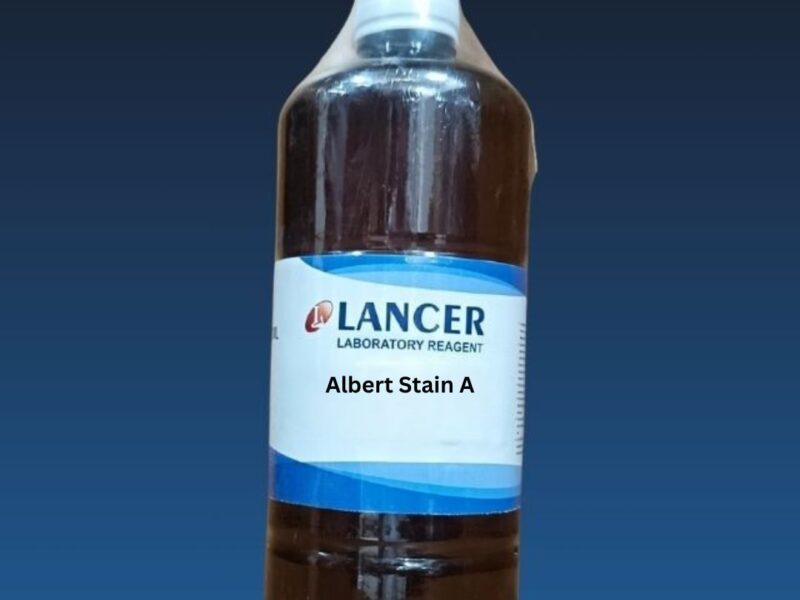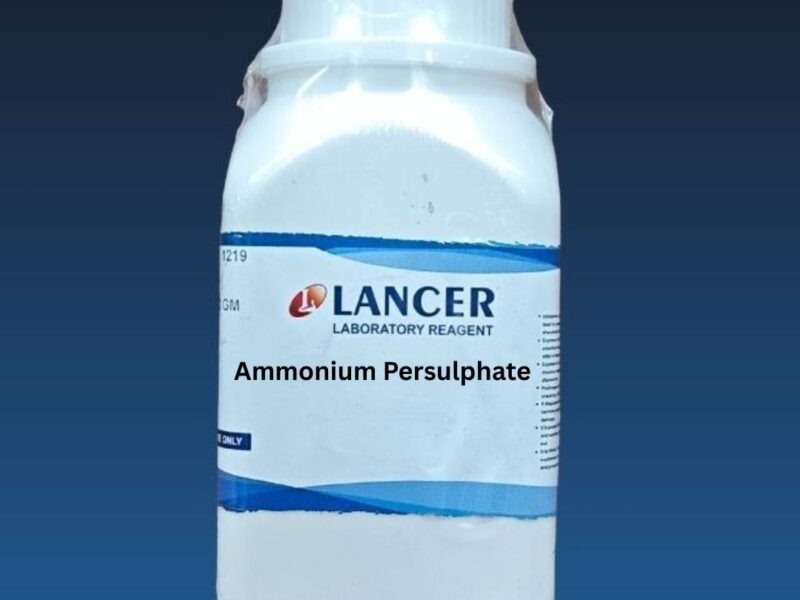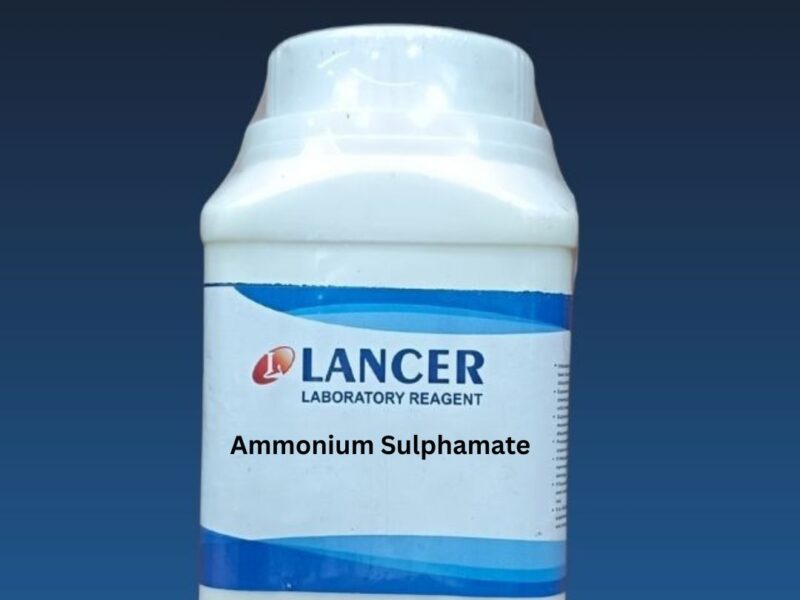Description
Specifications Table
Product Name – Allyl Alcohol
Quantity/Pack Size – 500 ml
Form – Liquid
Grade – Laboratory Grade
Application – Chemical synthesis, research
Product Overview
Allyl Alcohol is a versatile organic compound widely used in laboratory settings due to its high reactivity and purity. This clear, colorless liquid is a key intermediate in chemical synthesis, offering excellent solubility in organic solvents. Its molecular structure (C3H6O) ensures reliable performance in various experimental conditions, making it indispensable for researchers and chemists. The laboratory-grade purity guarantees minimal impurities, ensuring accurate and reproducible results. Allyl Alcohol is stable under normal storage conditions but should be handled with care due to its flammable nature. It is commonly employed in the production of resins, pharmaceuticals, and specialty chemicals. The 500 ml pack size provides an optimal balance between quantity and convenience for frequent lab use. Always store in a cool, well-ventilated area away from ignition sources to maintain its integrity.
FAQs
1. What is the primary use of Allyl Alcohol in laboratories?
Allyl Alcohol is primarily used as a reagent in organic synthesis, particularly in the preparation of allyl derivatives and resins.
2. Is Allyl Alcohol compatible with water?
Allyl Alcohol is miscible with water, but its reactivity may vary depending on the experimental conditions.
3. Are there safer alternatives to Allyl Alcohol for similar applications?
Alternatives like allyl chloride or allyl bromide may be used, but they require careful handling due to their toxic nature.
4. How should Allyl Alcohol be stored to maintain its purity?
Store in a tightly sealed container in a cool, dry place, away from direct sunlight and heat sources.
5. Can Allyl Alcohol be used in educational lab experiments?
Yes, but it should be handled under supervision due to its flammability and potential health hazards.

